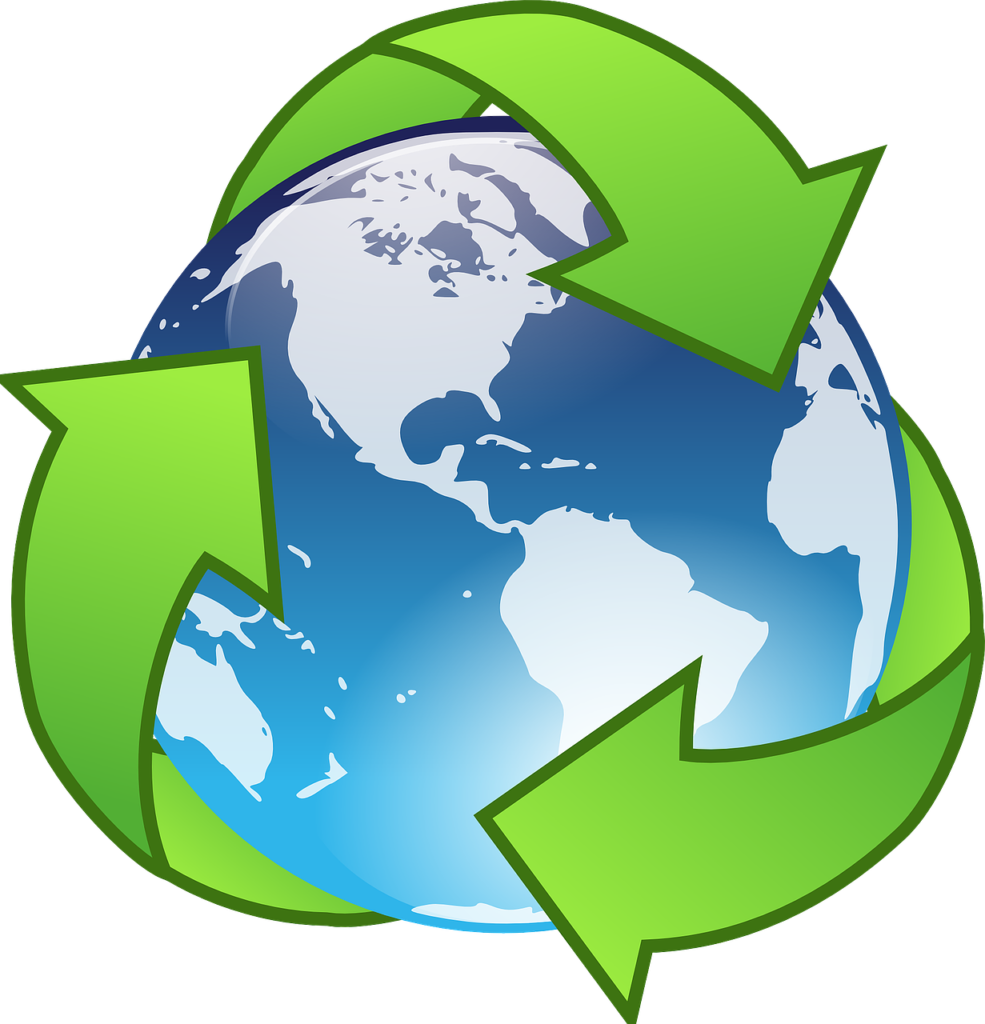
Clean energy funding can be asked for and won by – You! You can’t win if you don’t apply!
Three environmental advocacy groups are teaming up to teach Louisiana residents how to clamor for more clean energy projects in their communities. Representatives from the Deep South Center for Environmental Justice, WE ACT for Environmental Justice and the Robert D. Bullard Center for Environmental and Climate Justice said Tuesday that they will hold workshops for community leaders who want insight into environmental advocacy work. Residents can then use their newfound skills to urge President Joe Biden’s administration to make clean-energy investments in their neighborhoods, the groups said.
nola.com
The Justice 40 initiative says 40% of the funds can spent on low income and minority areas. We must have some ideas.
Announced last summer, Biden’s “Justice 40” initiative pledges to send 40% of the benefits from federal climate spending to low-income, rural or minority neighborhoods, which are often impacted by the environmental pollution that leads to global warming. “We’ve seen in the past many situations where good projects ended up having bad results. We don’t want to see that happen this time,” said Beverly Wright, the Deep South Center’s director. “The three of us have come together to pool our resources and knowledge so that we can reach more people and create a movement around Justice 40.” The workshops will be aimed at community leaders, advocates said. Notably, students and faculty from historically Black colleges and universities will be asked to participate in the effort. The model allows local residents to choose and advocate for their climate priorities, Wright said. “Dr. Beverly Wright doesn’t speak for New Orleans East,” Wright said. “If you don’t train the people who live in the communities to do the work, when you’re gone, you take everything with you and a fight dies.” Wright, WE ACT Director Peggy Shepard and Robert Bullard, head of his eponymous center, are each members of the White House Environmental Justice Advisory Council, which was created to advise the federal government on how to address environmental injustices.
Those running the workshops have a winning record. The money used to train others came from a grant they won.
The three advocates also recently applied for and received grants from the Bezos Family Foundation’s Earth Fund to support their work, they said. When they discovered that each of them got a grant, they decided to team up to educate local residents. The Deep South Center plans to connect local residents with lawyers who can represent them if their demands go unheard, Wright said. Meanwhile, WE ACT plans to educate government officials at the local, state and federal levels on what Justice 40 is and how it should be implemented. Already, Shepard has found that some officials have not even heard of Justice 40, she said. Without effective representation, the initiative’s local implementation could be slowed, she said. “We are all too familiar with the intentional disconnect between federal actions to address institutionalized harm, and local and state implementation,” Shepard said. “We will work to mobilize advocates, elected officials and other stakeholders to advocate for centering environmental justice.”
There is one major flaw in the awarding of the grants.
One problem that has already unfolded with the federal initiative is that federal officials failed to use race as a factor in determining which disadvantaged communities should get funds from Justice 40, Bullard added. Bullard’s group has developed a supplementary tool for the initiative that does consider race as a determining factor. He said that tool has already found more communities of color that could potentially benefit from the federal funds. As disadvantaged communities begin receiving funds, Wright said they should also be hired for jobs aimed at mitigating past damages to the environment. “Yes, we have a problem. Yes, our communities should be healed. And yes, these funds should come to us,” Wright said. “That’s how we see Justice 40 moving forward.”
There should be some way we can either be involved in a grant or to help others win one.
